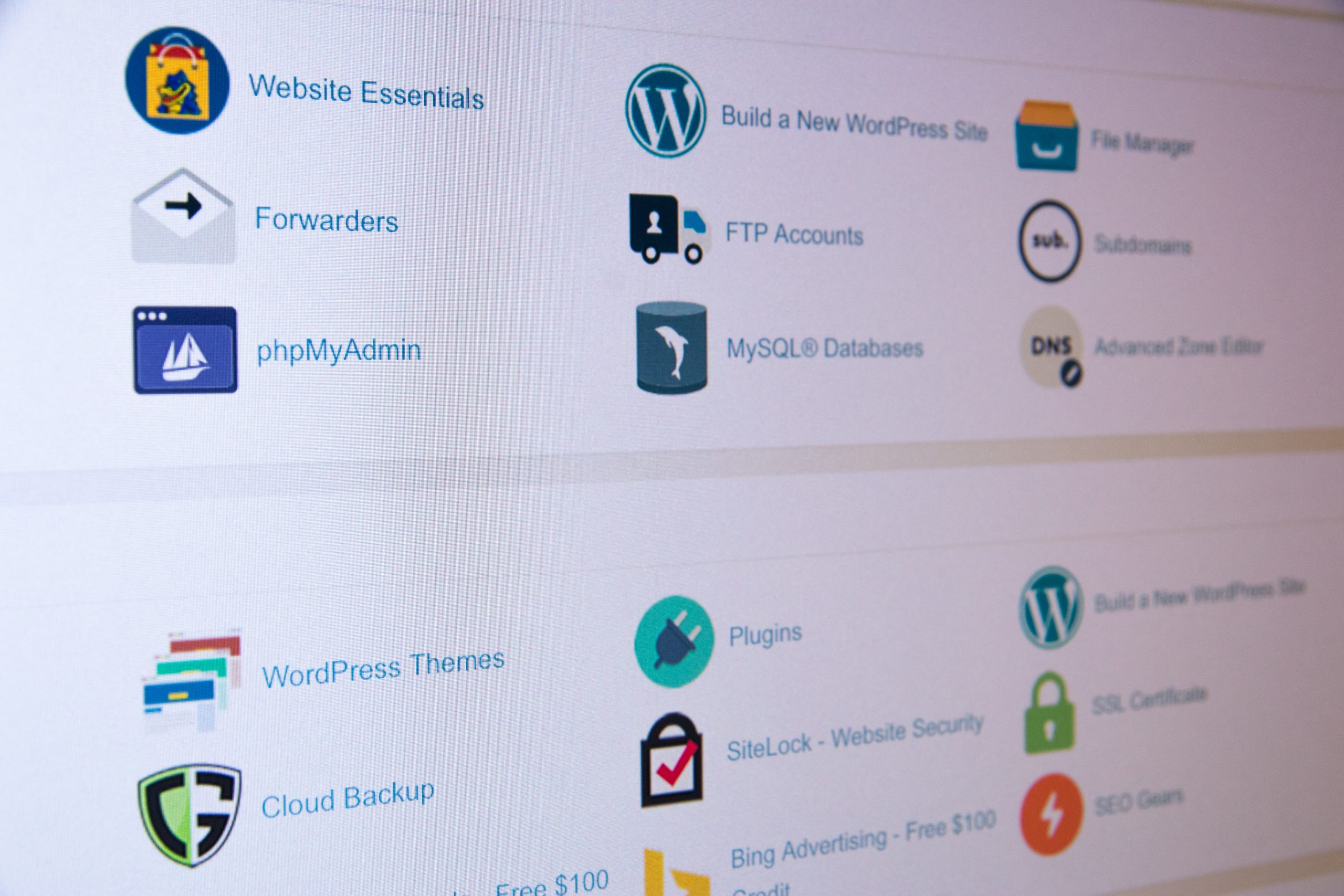The internet is a vast and ever-evolving landscape. In order to stay ahead of the curve, it’s important to have an understanding of some of the more complex aspects of web security. One key concept for website owners is SSL certificates – but what are they, why do you need one, and when is the right time to get one?
What is an SSL Certificate?
An SSL certificate is a digital certificate that provides authentication for a website and enables an encrypted connection between the web server and the user’s browser. It helps to secure sensitive information, such as credit card numbers, login credentials, and personal data by encrypting it during transmission. When a website has an SSL certificate installed, its URL will start with “https” instead of “http,” indicating that it is a secure site.
Having an SSL certificate on your website is critical if you want to operate safely in today’s online environment. Not only does it protect your visitors’ data from potential hackers or cybercriminals looking to intercept sensitive information, but it also builds trust with customers who are increasingly wary of online security threats. In addition, many search engines prioritize sites with HTTPS over those without it when ranking search results.
Overall, investing in an SSL certificate is essential for organizations seeking to build credibility and trust among their audience while keeping their customers’ private data safe from prying eyes.
 Types of SSL Certificates
Types of SSL Certificates
There are three types of SSL certificates available in the market- Domain Validated (DV), Organization Validated (OV), and Extended Validation (EV). DV certificates are the most basic type of SSL certificate which verifies only the domain name. OV certificates provide a higher level of security compared to DV as they validate not just the domain but also the identity of the organization behind it. EV certificates provide even stronger encryption and authentication, as they go through a more rigorous validation process that includes legal documentation.
When choosing an SSL certificate, it is important to consider your website’s needs and requirements. If you have a simple blog or personal website, a DV certificate may be sufficient. However, if you run an e-commerce store or handle sensitive customer information, an OV or EV certificate may be necessary to ensure maximum security for your customers’ data.
Overall, having an SSL certificate is essential in today’s digital world to protect both your website and its visitors from cyber threats such as hacking and data breaches. Choosing the right type of SSL certificate will depend on your specific business needs and budget constraints.
 Benefits of SSL
Benefits of SSL
An SSL certificate is a digital security protocol that provides an encrypted communication channel between the user and the website. The primary benefit of using an SSL certificate is that it guarantees data encryption, which helps to protect sensitive information from hackers and cybercriminals. This includes personal information, credit card details, login credentials, and other confidential data.
In addition to providing secure communication, having an SSL certificate installed on your website can also help to boost search engine rankings. Google has made it clear that websites with SSL certificates are given preference in search engine results pages (SERPs) over non-secure websites. This means if your website has an SSL certificate, you are more likely to rank higher in search results than those who don’t.
Another significant benefit of having an SSL certificate on your website is that it helps build trust with your users. When visitors see the padlock icon or “Secure” label on their browser bar while using your site, they know their data is protected and feel comfortable sharing their sensitive information with you. As a result, they are more likely to stay longer on your site and engage with your brand further.
 How to Get an SSL Certificate
How to Get an SSL Certificate
An SSL Certificate is a digital certificate that provides security for online communications. It ensures that data transmitted between two parties, such as a website and a user’s browser, remains private and secure. The SSL protocol encrypts the information so that it cannot be intercepted or tampered with by hackers.
There are several reasons why you may need an SSL Certificate for your website. First, if you have an e-commerce site or any other type of site that collects sensitive personal information from users (such as credit card numbers), an SSL Certificate is essential to protect this data. Second, search engines like Google now give preference to sites with HTTPS (the secure version of HTTP) in their rankings, which means having an SSL Certificate can improve your visibility and traffic.
Getting an SSL Certificate is relatively easy and affordable these days. There are many web hosting providers who offer free or low-cost certificates, such as Let’s Encrypt or Cloudflare. Some hosting providers also offer managed services where they take care of the installation and maintenance of the certificate for you. Once you have obtained the certificate, it needs to be installed on your server and configured properly to ensure your site runs smoothly over HTTPS.
You can also use a plugin. If you’re using WordPress as your content management system (CMS), there are several ways to implement an SSL certificate. One of the easiest ways is through a plugin like WP Force SSL. This plugin forces all your site’s pages to use HTTPS instead of HTTP, which indicates that your site has an active SSL certificate and is secure. Using a plugin like WP Force SSL saves you time and effort in manually updating every page on your site with HTTPS links. Plus, it helps you avoid potential security issues that can arise from having mixed HTTP/HTTPS content on your pages. By installing this plugin, you can easily add an extra layer of protection for both yourself and your website visitors.
Browser Security Indicators
When it comes to online security, browser security indicators play a crucial role in keeping users safe from cyber threats. One of the most important browser security indicators is the SSL certificate. An SSL (Secure Sockets Layer) certificate is essentially a digital certificate that encrypts data transmitted between a web server and a user’s browser. This ensures that any sensitive information, such as passwords or credit card details, cannot be intercepted by hackers.
To determine whether a website has an SSL certificate, look for two key indicators: the padlock icon and “https” in the URL bar. The padlock icon indicates that the website has been authenticated by a trusted third-party provider, while “https” signifies that all data exchanged on this site is encrypted and secure.
In today’s digital age, where cyber attacks are becoming increasingly sophisticated, having an SSL certificate is no longer just an option but an absolute necessity if you want to protect your website and its users from potential threats. By displaying these crucial browser security indicators on your site’s pages, you can instill confidence in your visitors and ensure their peace of mind when interacting with your brand online.
 When You Need an SSL Certificate
When You Need an SSL Certificate
An SSL certificate, or Secure Sockets Layer certificate, is a digital security measure that ensures the safe transfer of data between a website and its users. When you visit a website with an SSL certificate, your browser will establish a secure and encrypted connection with the server, making it difficult for hackers to intercept or steal any information being transmitted.
So when do you need an SSL certificate? If your website handles sensitive information such as personal details or financial transactions, it’s essential to have an SSL certificate in place. This includes eCommerce websites where customers enter credit card information or login credentials. Even if your website doesn’t collect sensitive data, having an SSL certificate can help build trust with your visitors by showing that you take security seriously.
Furthermore, search engines like Google prioritize sites with SSL certificates in their search results. This means that having one can improve your site’s visibility and potentially drive more traffic to your site. Overall, investing in an SSL certificate is crucial for ensuring the safety of both you and your users online.
Conclusion: Why & When Do You Need It?
In conclusion, an SSL certificate is crucial for any website that requires the collection of personal or sensitive data from its users. It helps to protect this information from hackers and ensures that it remains confidential. Additionally, it increases trust with site visitors by displaying a secure padlock icon in the browser address bar.
When it comes to determining when you need an SSL certificate, there are several factors to consider. If your website collects passwords, credit card information or other sensitive data, then an SSL certificate is essential. Even if your site does not collect such data but has a registration form or contact form where users share their personal details, having an SSL certificate can help protect this information.
In today’s digital age, security breaches have become all too common. Having an SSL certificate is just one way to safeguard your website and build trust with your audience. Don’t wait until a security breach occurs – invest in an SSL certificate today and provide peace of mind for both yourself and your users.



